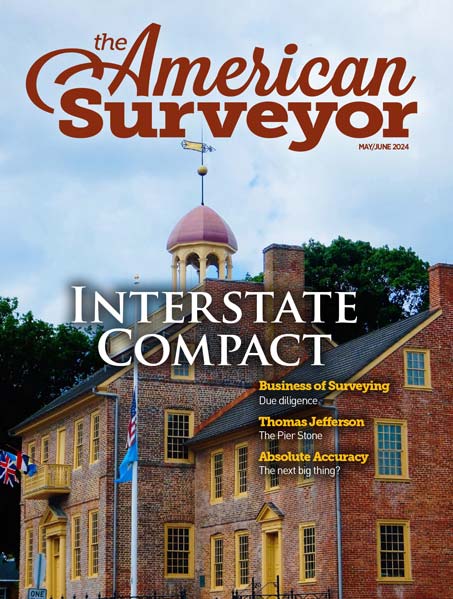Parcel ID Number Collection Provides an ‘Early Warning System’
Washington, DC, May 21, 2010 – MAPPS (www.mapps.org), a national association of mapping and geospatial firms, applauded the inclusion of a parcel geocoding provision providing for an ‘early warning system’ in S. 3217, the "Restoring American Financial Stability Act of 2010," that passed the U.S. Senate today by a vote of 59-39.
The bill makes amendments to the Home Mortgage Disclosure Act (HMDA), including a provision for the newly-created Bureau of Consumer Financial Protection within the Federal Reserve to collect the "parcel number to permit geocoding" on mortgage transactions.
MAPPS Executive Director John Palatiello applauded the leadership provided by U.S. Senator Chris Dodd (D-CT), the sponsor of the Senate legislation and Chairman of the Senate Banking Committee, and Senator Bob Corker (R-TN). "MAPPS commends Chairman Dodd and Senator Corker for their leadership and foresight to include a provision employing geospatial technology at the parcel level under HMDA to provide much more detailed information for an ‘early warning system’ to identify future anomalies in the mortgage market. It contains information about the value, improvements, taxes, and something that none of the current government mortgage datasets, including HMDA, maintain – the physical location of the property," Palatiello said.
MAPPS recommended the creation of an early warning system using parcel level data to the Office of Management and Budget (OMB) when the mortgage crisis first erupted in October 2008. The MAPPS letter prompted a May 2009 Parcel Stakeholder Summit in Washington, DC. MAPPS Cadastre Task Force Chair Susan Marlow (Smart Data Strategies, Franklin, TN) testified before Congress on the benefits of parcel level data in September 2009 and in November, MAPPS met with the Federal Reserve Board staff regarding parcel level data collected under HMDA.
In her 2009 testimony before the House Financial Services Committee, Ms. Marlow said, "Today, many analysis and decisions are being made using the wrong level of geography. The Census tract data that is currently being used under Section 2803 of HMDA was created by forming blocks and tracts that were logical for counting people." She went on to say, "While FedEx can track the location of millions of packages per day moving around the world, the Federal government does not track the location of land, and it is stationary."
"If you have the right tools and the right data in place, you can build predictive models using very basic statistical analysis that accurately forecasts and locates foreclosure and delinquency hotspots, thus providing an early warning system," said MAPPS President Jeff Lovin (Woolpert, Dayton, OH).
Palatiello concluded, "MAPPS supported the inclusion of the geospatial language in S. 3217 because an ‘early warning system’ based on geo-located property data at the parcel level will help prevent future disruptions to the market, financial collapses, and government bailouts."
The Senate legislation will now need to be reconciled in Conference with the counterpart House legislation.
About MAPPS
Formed in 1982, MAPPS is the only national association exclusively comprised of private firms in the remote sensing, spatial data and geographic information systems field in the United States. Current MAPPS memberships span the entire spectrum of the geospatial community, including Member Firms engaged in satellite and airborne remote sensing, surveying, photogrammetry, aerial photography, LIDAR, hydrography, bathymetry, charting, aerial and satellite image processing, GPS, and GIS data collection and conversion services. MAPPS also includes Associate Member Firms, which are companies that provide hardware, software, products and services to the geospatial profession in the United States and other firms from around the world. MAPPS provides its 180+ member firms opportunities for networking and developing business-to-business relationships, information sharing, education, public policy advocacy, market growth, and professional development and image enhancement. For more information on MAPPS, please visit www.MAPPS.org.
